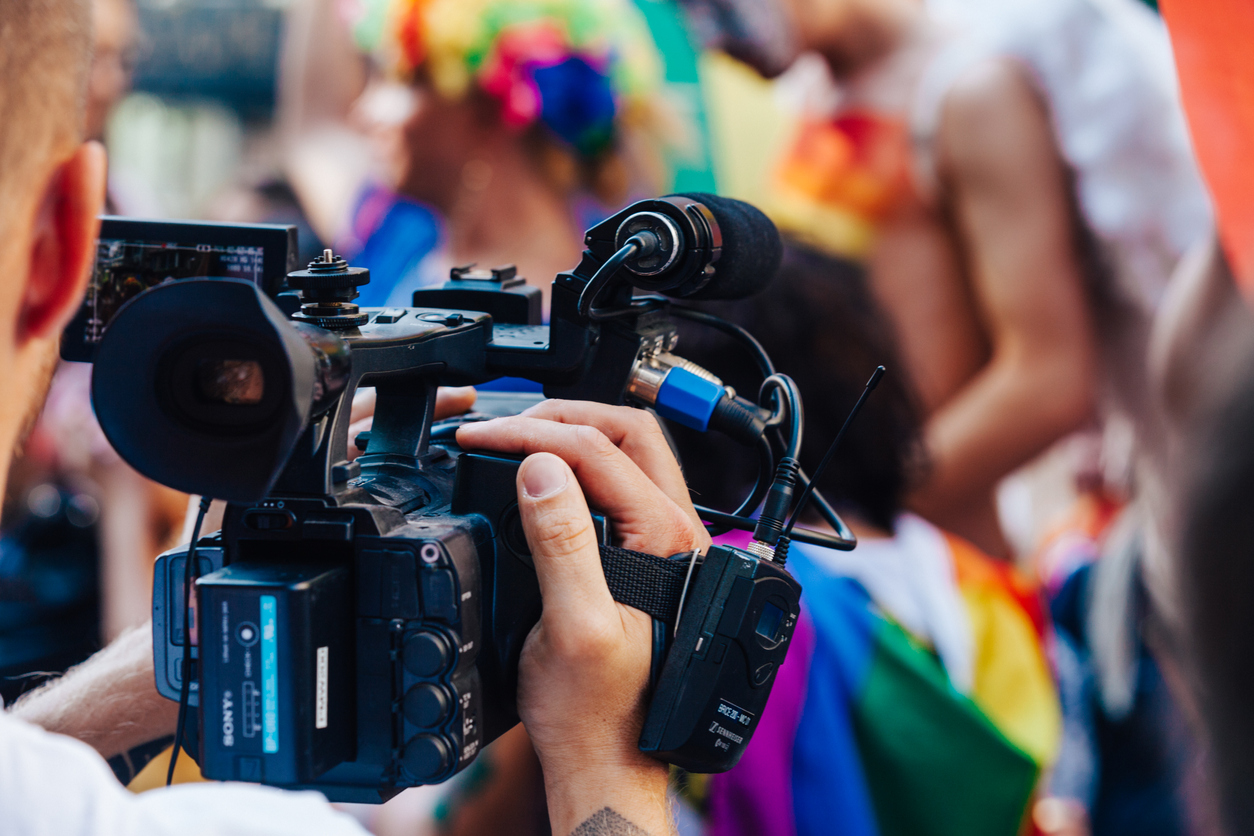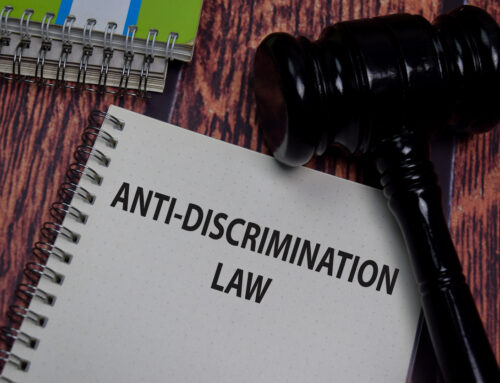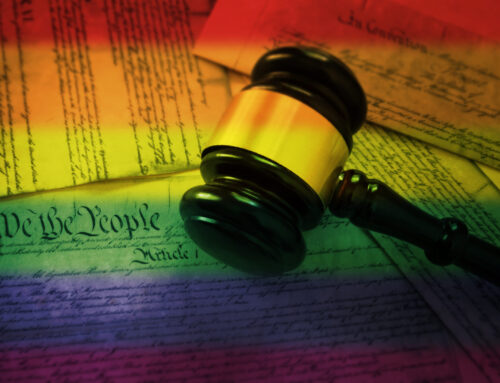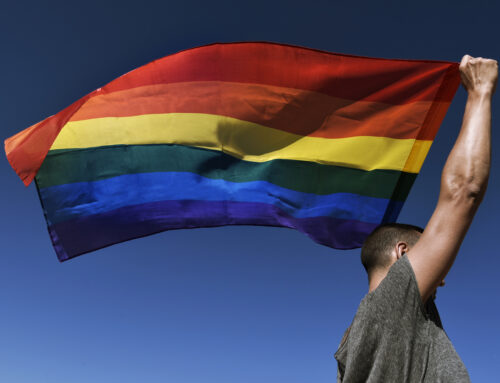LGBTQ persons and advocates are displeased with a new anti-lgbtq law in Hungary. The new law prohibits educational content and television shows for audiences under the age of 18 from featuring LGBTQ individuals. The law also bans content that can be seen as promoting the LGBTQ lifestyle to anyone under 18 years of age. This can be as simple as a rainbow flag in a children’s book.
This is not the first time that such laws have been passed in recent years. In 2013, Russia passed a law banning “gay propaganda.” LGBTQ people in Russia have faced increased hostility since the law was passed.
A spokesperson for the Hungarian government has stated that: “[t]here are contents which children under a certain age can misunderstand and which may have a detrimental effect on their development at the given age, or which children simply cannot process, and which could therefore confuse their developing moral values or their image of themselves or the world.”
Others disagree that the new law is justified. Before it was passed, one of Europe’s top human rights officials pleaded with the ruling Fidesz party to abandon their plans for a vote. They called the law “an affront against the rights and identities of LGBTI persons.”
What Else Will the Law Do?
The law will also limit the degree to which certain groups and individuals may carry out sexual education classes. Only those listed in an official register will be permitted to do so. A government spokesperson claimed the law is meant to ensure “organisations with dubious professional background … often established for the representation of specific sexual orientations” will be unable to provide sex ed classes.
Additionally, the law will potentially impact how certain brands and products are marketed. Marketing content that signals solidarity with the LGBTQ community will be banned in Hungary if it appears to target those under 18. For instance, many significant members of the Fidesz party called for a boycott of Coca-Cola products in 2019 when the company released a commercial showing smiling homosexual couples.
What Has Been the Reaction to the New Law?
Amnesty International’s director in Hungary, Dávid Vig, has spoken out against the new law. He argues it will further stigmatize LGBTQ people. He also pointed out that amendments regarding LGBTQ people were recently added to a law that was meant to target child abuse. Vig believes that adding these amendments was an attempt to “conflate” pedophiles with LGBTQ people.
Not all Hungarian politicians agree with the law. It was expected to be passed because the party promoting it currently has the most representation in Hungary’s government. However, members of the opposition party have spoken out against it.
According to one member of the opposition, “[t]he law is incompatible with the fundamental values of European democratic societies as well as the values of the Hungarian citizens and is only the latest of many shameful attacks on LGBTIQ rights by Viktor Orbán’s government.” She has called on the EU to take action in response to the law.
Hungary’s treatment of LGBTQ people has been quite poor in recent years. For example, gay Hungarian couples have been mostly banned from adopting children. Hungary also no longer legally recognizes gender changes, even if someone has already transitioned.
Human rights officials and advocates outside of Hungary have condemned the law. They say it represents an attack on all Hungarians. If the law can infringe on the rights of members of a group based on their identity, that’s naturally something every Hungarian should find concerning.
It’s currently unclear whether any action will be taken to reverse or repeal the new law. The opposition party simply lacks the political power to do much right now. Luckily, that hasn’t stopped them and others from urging Hungary to strive towards more humane and just treatment of LGBTQ people. In the meantime, LGBTQ Hungarians may want to seek assistance from advocates. As we’ve seen time and time again, the passing of these types of laws tends to result in increased mistreatment of LGBTQ people.





